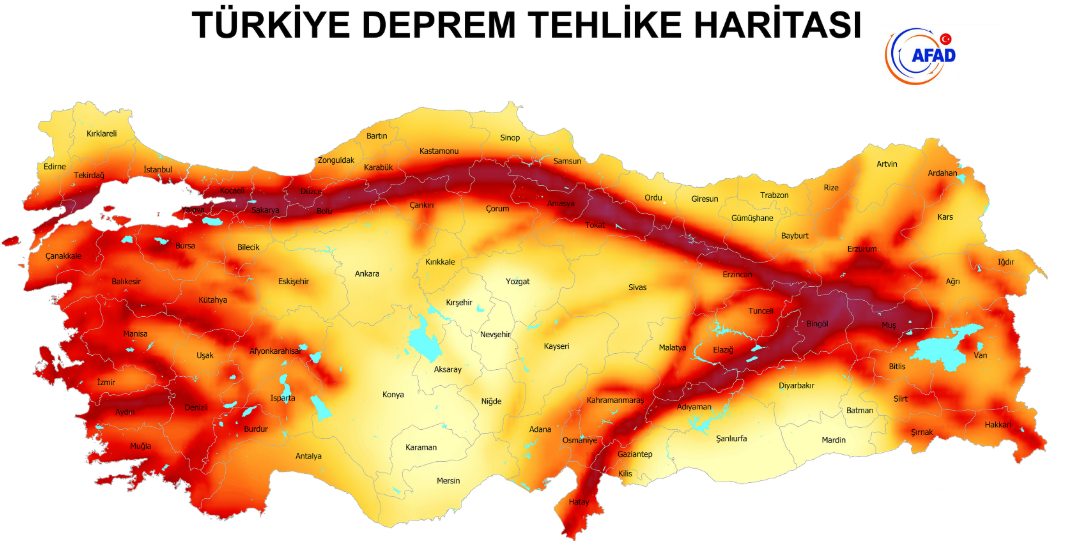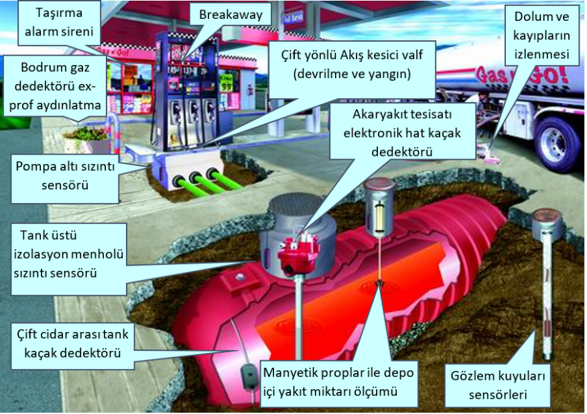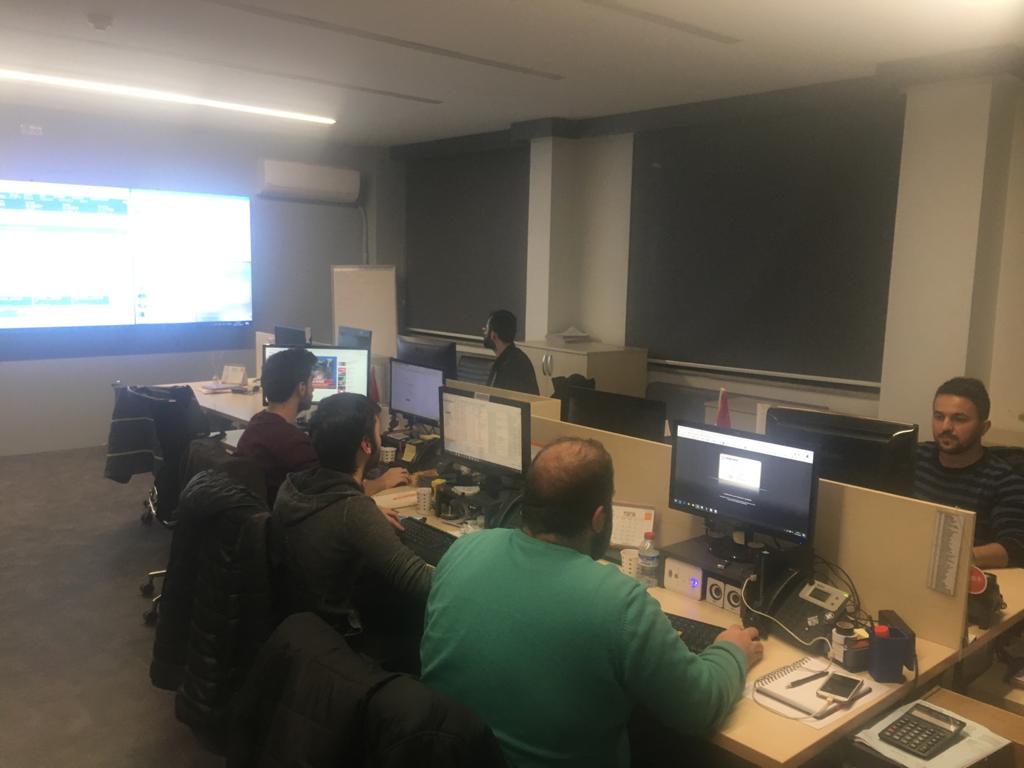31.01.2020 Istanbul
ARE OUR FUEL STATIONS READY FOR AN EARTHQUAKE?
In recent days, the earthquakes that have occurred one after another in the east and west of our country have been on our agenda again. Today, when we wish God’s mercy on the deceased, endless patience to their relatives and a speedy recovery to the injured, our experience of more than 20 years in the sector imposes great responsibilities on us, especially in terms of earthquake and life. With this awareness, we ask our business stakeholders as an institution that produces the “most protective”, “most prepared for hazards”, “most advanced” and “most reliable” solutions, “Are Our Stations Ready for Earthquakes?”

On the Turkey Earthquake Hazard map, which we are now familiar with seeing, there are approximately 6000 fuel stations only in red areas. In particular, it is of great importance to take additional precautions at fuel and service stations located in city centers and places where people such as hospitals, schools, shopping malls and subways are concentrated. Otherwise, as in the case of an explosion at a gas station and a related fire incident in the Muş earthquake, fire damage may be encountered rather than the destructive damage of the earthquake. Additional and specific measures that can be taken against earthquakes at fuel and service stations can be introduced as additional rules within the scope of TS 12820, which determines the safety standards at these stations.
According to the results of the ground survey, more protective and higher standards can be applied for the construction techniques of structures such as tank pool, canopy, tank type and capacity, piping at the stations. The use of elastic flexible (fileks) and double-walled pipes can be encouraged in fuel oil and LPG/gas installations that move under the effect of earthquakes and enter into tension; it can even be mandatory. In addition, the installation of seismic motion-driven power cut-off systems at these stations can provide automatic cessation of energy flow and therefore fuel supply in the event of an earthquake, and reduce the risks of fire and explosion that may occur after an earthquake.
The measures proposed so far are aimed at protecting fuel stations and crowded environments, especiallyat the time of prem, and can be applied during the construction, design and manufacturing phase of the stations or in their current condition.
After that, these stations can play a vital role, such as meeting people’s urgent needs and even being used as a meeting or gathering space. In this case, the first question that will come to mind is, “Can I protect my station and keep it active after the earthquake without the need for anyone?” The station infrastructure diagram below gives a clear answer to this: “Of course, YES.”

TORA, which has been offering these systems to its stakeholders in the sector for years, with more than 20 years of experience in the sector, aims to ensure that they are not harmed not only on peaceful days, but also on emergency and disaster days. TORA’s experience in gas station equipment and safety systems, combined with Gilbarco-Veeder Root automation and environmental sensor applications, makes it easy to control a gas station remotely and continuously. Today, TORA continuously monitors and controls 32,000 points in more than four thousand stations remotely with the alarm management system it has developed.
After the Elazig Earthquake, TORA Call Center Did Not Leave the Stations in the Region Alone!
The TORA Call Center, which provides 24/7 service, supported a total of 205 fuel stations in Elazığ, Malatya and Diyarbakır after the 6.8 magnitude earthquake in Elazig on Friday, 24.01.2020 at 20:55 . As of 21:15, Whatsapp groups with Main Distribution Engineering Managers, Engineers and HSSE Managers were established, and the robustness of the fuel lines, tanks and gas detector systems of the regional stations was inspected with on-line alarm checks and remotely initiated tests through 652 IoT equipment installed by TORA. As of 22:00, a “Station Natural Disaster Support Desk” with 9 people was established.

As a result of the tests and controls, 28 stations that were deemed necessary for field intervention were served throughout the night. The earthquake management process continued until 18:00 on Sunday, 26.01.2020, and the latest situation assessments were reported to the main distribution authorities.
As TORA, with the awareness that earthquakes are a natural part of our lives, our company is ready to provide all kinds of technical support voluntarily, whether you are our business stakeholder or not.
While we mourn our losses, we continue to do our duty completely and on time.
